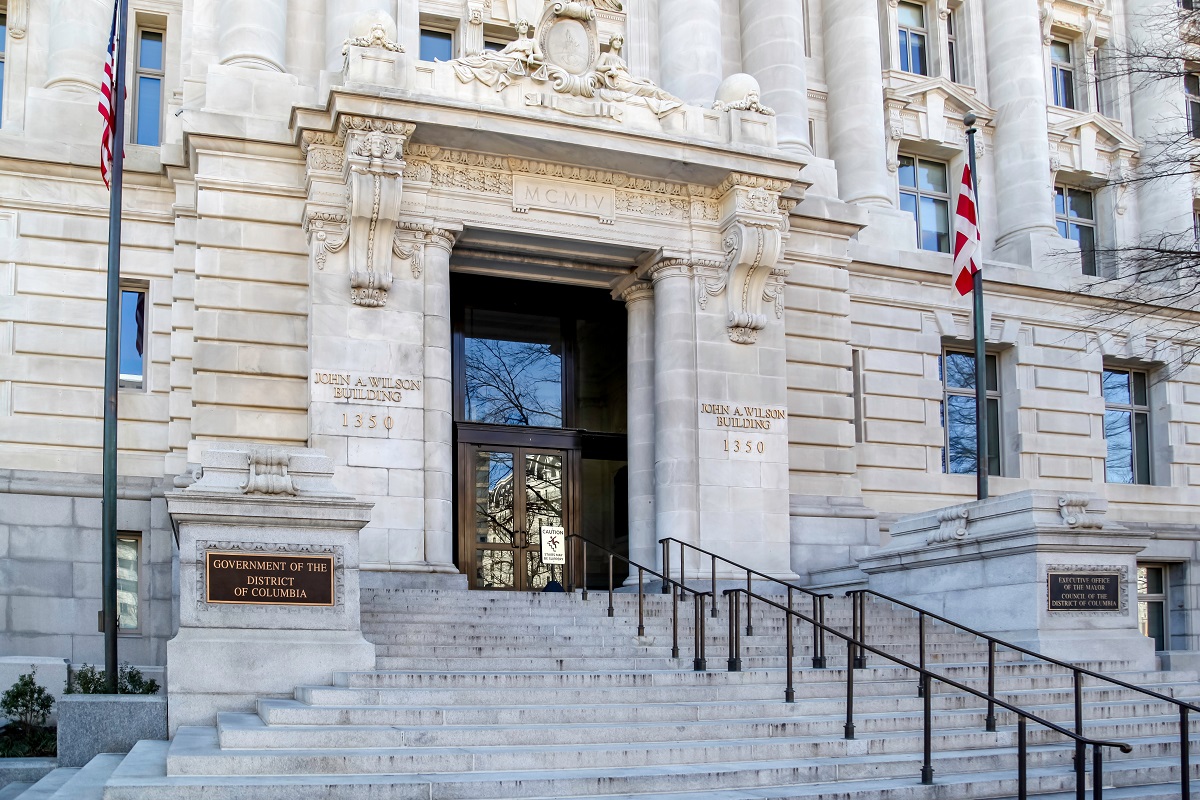 It can be a challenge running a small business in today’s environment. Finding and retaining staff or obtaining a loan to start or expand comes to mind. And, of course, there is the problem of collecting a past-due bill. Beginning Jan. 1, businesses operating in the District of Columbia will face new challenges under the DC Council’s new debt collection law, with costly penalties in place for those who don’t comply.
It can be a challenge running a small business in today’s environment. Finding and retaining staff or obtaining a loan to start or expand comes to mind. And, of course, there is the problem of collecting a past-due bill. Beginning Jan. 1, businesses operating in the District of Columbia will face new challenges under the DC Council’s new debt collection law, with costly penalties in place for those who don’t comply.
When the law takes effect, a business that telephones, texts, or sends (whether in writing or by email) a friendly reminder that a bill is past due, can find itself facing a lawsuit for up to $4,000 in statutory damages for each communication.
That the business owner had a legitimate purpose to make the call or send the past due notice is no defense. The law imposes “strict liability” on businesses. It makes no difference that the debt was owed. Leave five voicemail messages in a week — that will get you up to $4,000 plus your attorney’s fees and costs. Those attorney’s fees will likely exceed the maximum $4,000 penalty by a factor of tenfold, meaning filing a lawsuit is the best way to monetize any violation. For those looking to bring class actions, every class member can receive up to $4,000 for that fifth voicemail message, plus attorney’s fees.
Under the guise of debt collection “reform,” the law poses a substantial risk to any business serving DC residents. For the debt collection industry that is the object of the “reform,” there is nothing special about the new law, aside from the fact that it is confusing and therefore poses more compliance challenges. But for an industry built on compliance, it is something it can handle quite well.
Small businesses, on the other hand, have no idea that effective Jan. 1, they are now a lucrative target for the trial bar as there are law firms around the country that specialize in bringing these types of lawsuits.
RISKS ASSOCIATED WITH TEXTS, EMAILS, OTHER “PAST-DUE” COMMUNICATIONS
Dentists, doctors, or other medical providers serving the DC community are at particular risk. The new law covers consumer debt, including medical debt that “is, or is alleged to be, more than 30 days past due and owing.” Typically, medical providers will send a statement if services have not been fully paid by insurance. The process is usually automated and if that statement contains a balance that is “more than 30 days past due and owing” the new law would appear to apply. Under one reading of the new law, the statement must contain a 284-word disclosure, and failure to include that disclosure can cost the medical provider up to $4,000 for each non-compliant statement.
The new law also limits the number of telephone calls and electronic messages (texts and emails) that can be made to collect the past due balance. Making more than four permissible telephone calls in a seven-day period can cost a business up to $4,000 for each non-compliant call.
Suppose your patient or customer requested that you communicate by email or text. Beginning Jan. 1, the new law requires you to send the 284-word disclosure by mail before you can email or text the past due notice; otherwise, each text or email could be unlawful.
COVERS MANY TYPES OF “CONSUMER” DEBT
Any business providing goods or services for “personal, family, medical or household purposes” and communicating to collect such past due goods or services in the District of Columbia on or after Jan. 1 is now covered. The types of consumer debt excepted from coverage are “a loan directly secured on real estate or a direct motor vehicle installment loan covered by Chapter 36 of this title.”
There are things small and large businesses can do now to avoid becoming a target when the law takes effect on Jan. 1. Join me for a Receivables Management Association International webinar on Nov. 16 when I will discuss ways to comply with the law. To register, click here.
Photo: JHVEPhoto/stock.adobe.com


